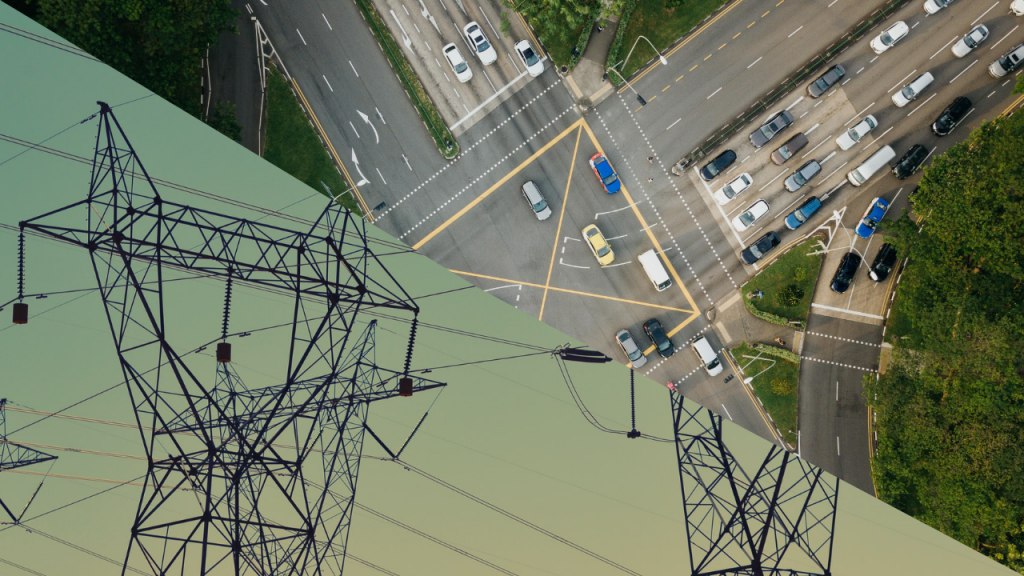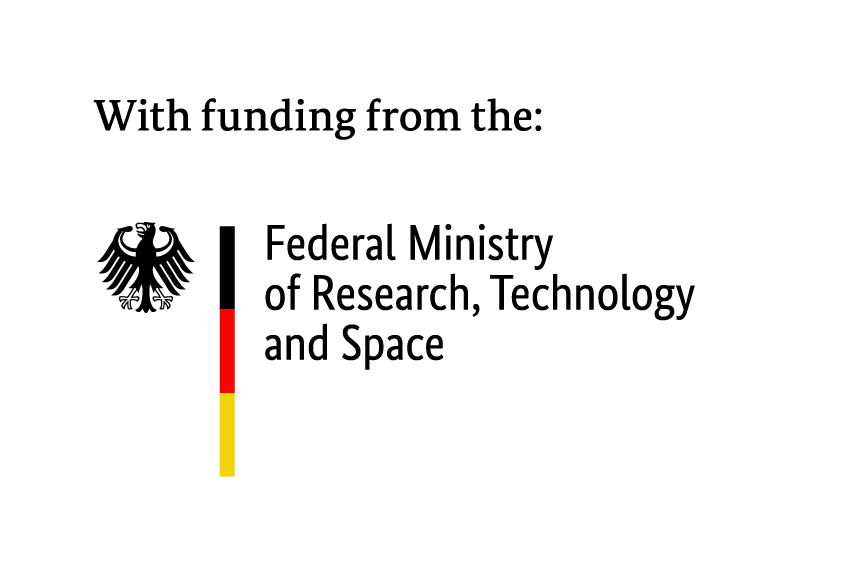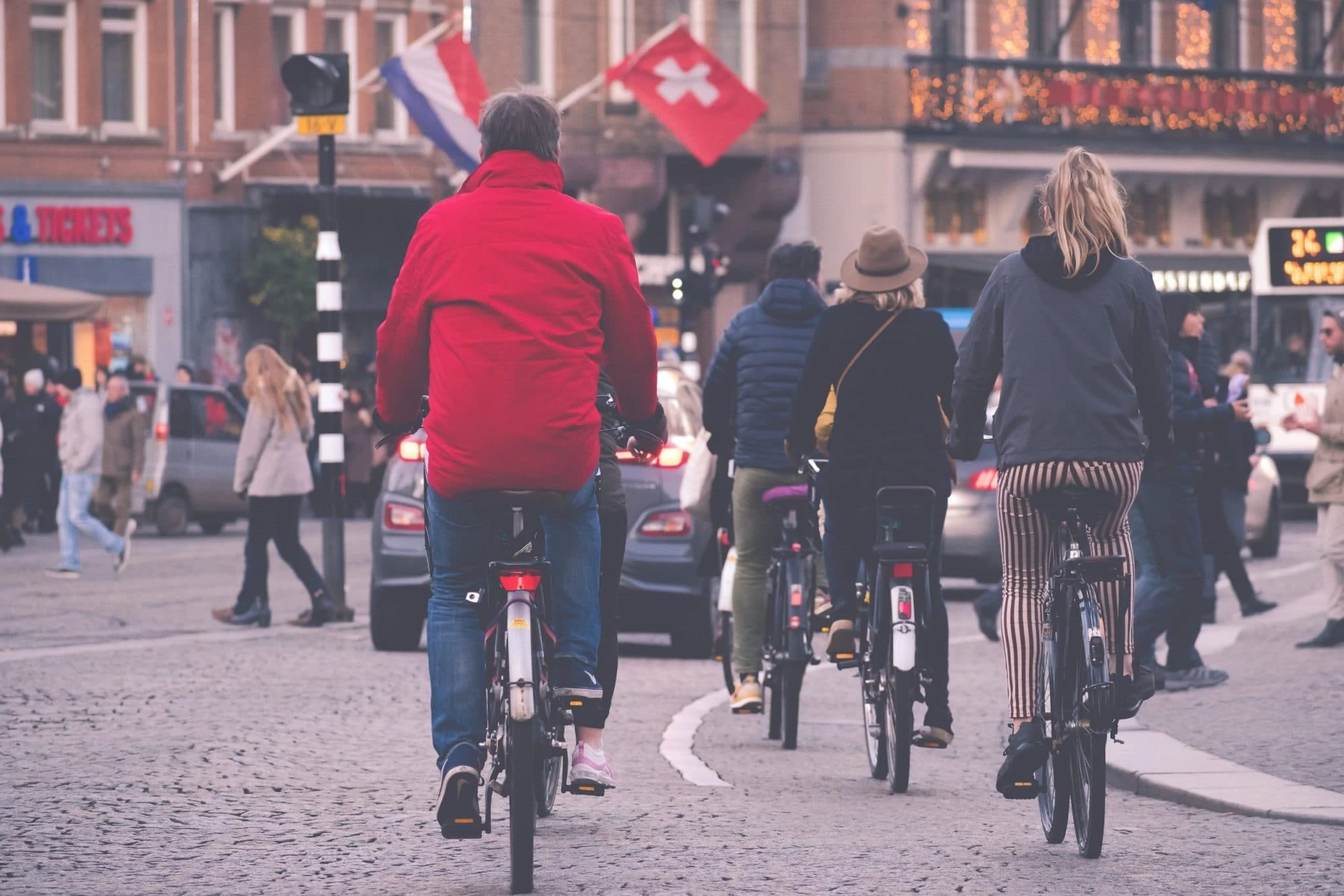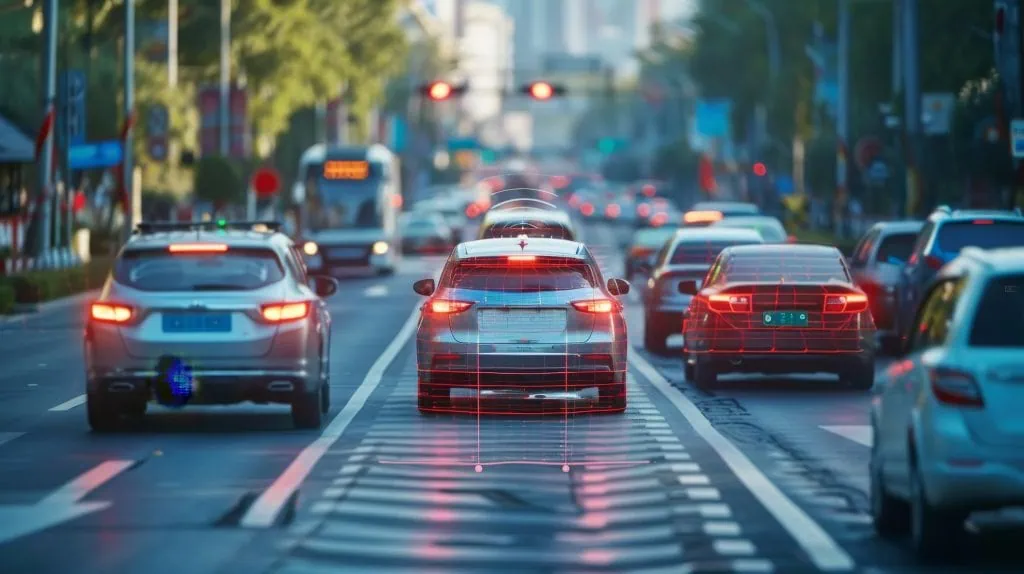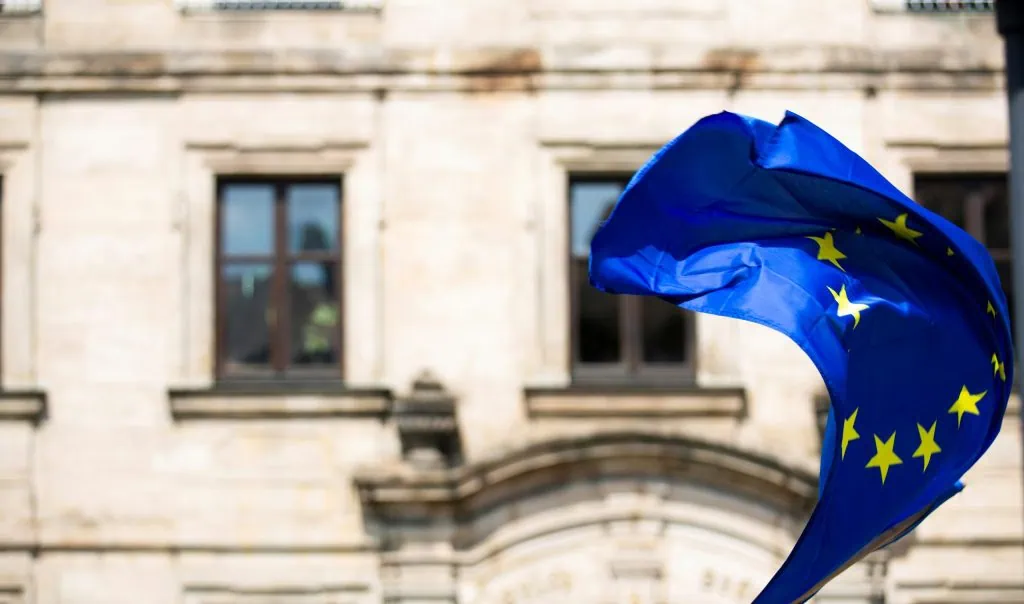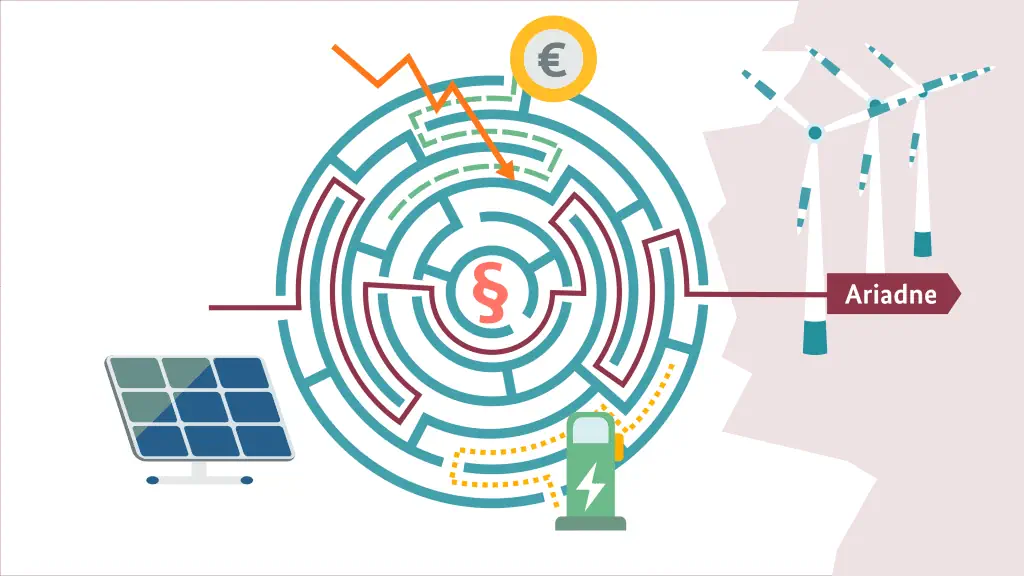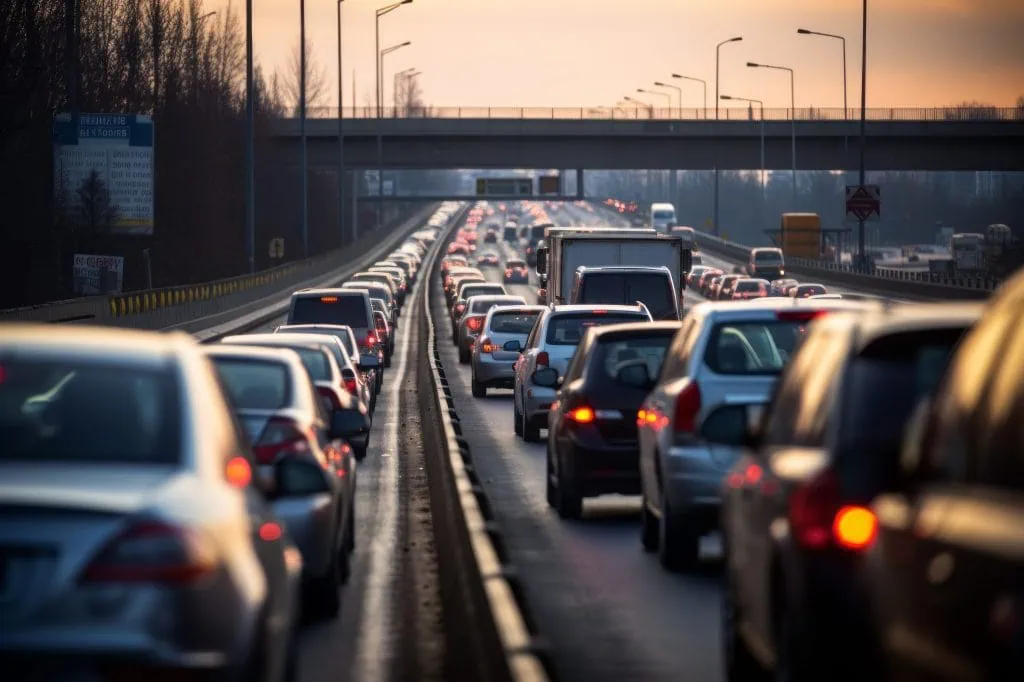Shaping the future mobility in a fair and climate-friendly way
Researching technologies and policy options for the transport transition in Germany
The transport sector is the third largest contributor of CO2 emissions in Germany, following the energy sector and industry. From cars on the road to freight transport on rails, from waterways to national air traffic, the transport sector must also contribute to achieving climate targets. The mobility transition is a necessary component of the transport transition – especially a reduction in car traffic in favour of environmentally friendly transportation modes. At the same time, achieving the climate targets requires a shift of engines, thus turning away from the use of fossil fuels. Both these pillars of the transport transition directly affect the everyday lives of people in Germany. The transport transition will therefore rely on an understanding of how much can be achieved by a shift in motors, and how large the contribution of the mobility transition should be.
For this reason, Ariadne investigates options for sustainable mobility of the future, involving citizens’ voices right from the start. Including traffic participants in the deliberation process, and the systematic model-based impact analysis of policy options, is a novel approach, and the results can help policy-makers prioritise measures for the transport sector according to their emission reduction potential and how well they are supported by society. Among other things, the research focuses on the reduction of CO2 emissions and social distribution effects.
Europe & Green Deal, Transport transition |
Role of hybrid vehicles in EU fleet mix questionable: very high CO2 emissions
A real-world consumption data from around 850,000 vehicles across Europe shows that PHEVs are rarely charged, the combustion engine is used too often, and even in mainly electric mode, fuel consumption is considerable.
to NewsEurope & Green Deal, Governance & Institutions, Industrial transition, Heating transition, Electricity Transition, Transport transition |
New edition of Ariadne@Brussels launched: ‘EU climate and energy policy in a polarising world’
The Kopernikus project Ariadne invites you to this year’s edition of the Ariadne@Brussels workshop series. From 8 to 10 December 2025, researchers from the Ariadne project will present their latest findings on EU climate and energy policy and discuss …
to NewsDistributive justice, Hydrogen, Europe & Green Deal, Governance & Institutions, Scenarios, Tax reform, Industrial transition, Heating transition, Electricity Transition, Transport transition |
New Ariadne paper highlights EU climate policy from 2030 onwards
The EU is in the midst of a debate on new climate targets for 2040 and how the competitiveness of industry can be linked to decarbonization. In a new background paper, Ariadne researchers analyze the historically evolved energy and …
to NewsHydrogen, Europe & Green Deal, Governance & Institutions, Scenarios, Tax reform, Industrial transition, Heating transition, Electricity Transition, Transport transition |
Working together toward climate neutrality
In a new short video, the Kopernikus project Ariadne shows why research into climate policy measures is so important for achieving climate neutrality.
to NewsHydrogen, Scenarios, Industrial transition, Heating transition, Electricity Transition, Transport transition |
The Ariadne report shows cost-efficient paths to achieving climate neutrality in Germany by 2045
While the new German government is still being formed, it is clear that the goal of achieving climate neutrality by 2045 remains.
to Press releasesTransport transition |
A reward of several hundred euros for a ton of CO2: Climate-damaging subsidies in transport undermine CO2 pricing
Subsidies in the transport sector, such as the diesel or company car privilege, result in negative CO2 prices of between minus 70 and minus 690 euros per ton of CO2 and weaken the effectiveness of CO2 pricing as an …
to Press releasesIndustrial transition, Heating transition, Electricity Transition, Transport transition, Hydrogen, Scenarios |
More new fossil gas heating systems, only tentative progress: energy transition update
Reduced fossil fuel consumption due to the energy crisis, tentative positive signs in the expansion of renewable energy capacities, electric cars and heat pumps – but not fast enough, according to new figures from the Ariadne Transformation Tracker. Moreover, …
to Press releasesTransport transition, Governance & Institutions |
Climate policy in check – an assessment framework for the design of policy pathways
Germany is not “on track” to meet its climate targets by 2030 and 2045. To comply with the Climate Protection Act, the framework conditions should be designed in such a way that businesses and society change their actions and investment …
to NewsElectricity Transition, Transport transition, Distributive justice |
Have your say, help shape the energy transition: What the Ariadne citizens’ conferences show about the energy transition
From rising energy costs for households to the expansion of local renewable energies, the population is increasingly directly affected by the energy and transportation transition, and they want to get involved and have their say. That is why, as …
to Press releasesNews from the project
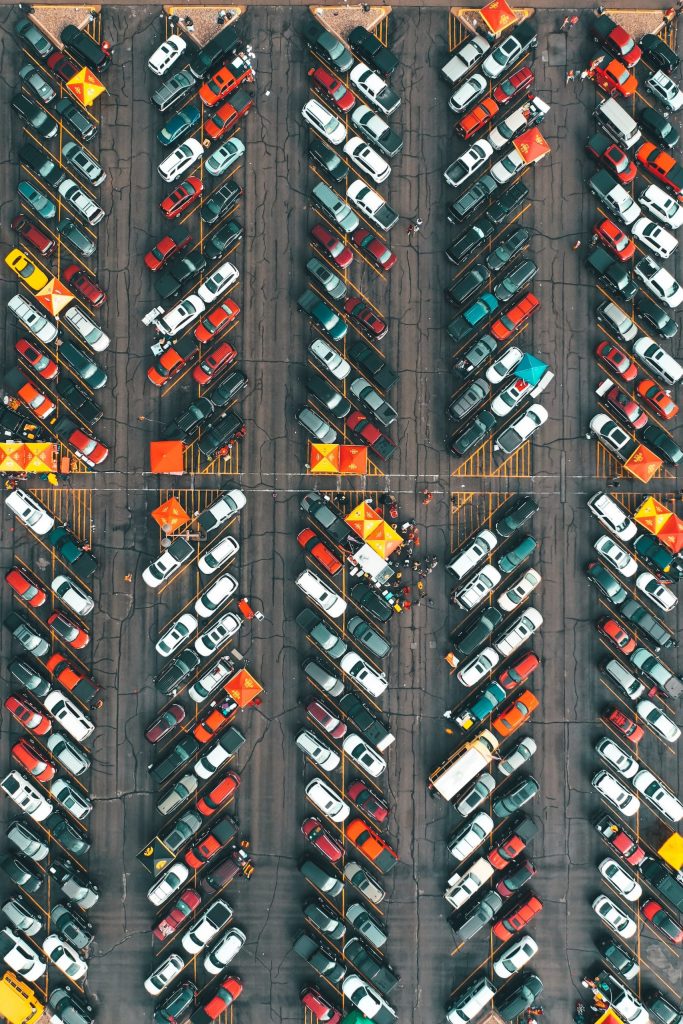
Background: Climate policy in check – an assessment framework for the design of policy pathways
In a new Ariadne-Background, researchers from the Hertie School, the RWI Leibniz Institute for Economic Research, MCC Berlin and the DLR Institute for Transport Research developed an assessment framework for climate policy paths, using the example of the automotive sector in Germany. This framework enables a discussion between stakeholders in business, politics and research on alternative paths of action.
Have your say, help shape the energy transition: What the Ariadne citizens’ conferences show about the energy transition
From rising energy costs for households to the expansion of local renewable energies, the population is increasingly directly affected by the energy and transportation transition, and they want to get involved and have their say. The most recent citizens’ conferences show that people are both willing and able to discuss complex challenges in a differentiated way, and to negotiate solutions together.
